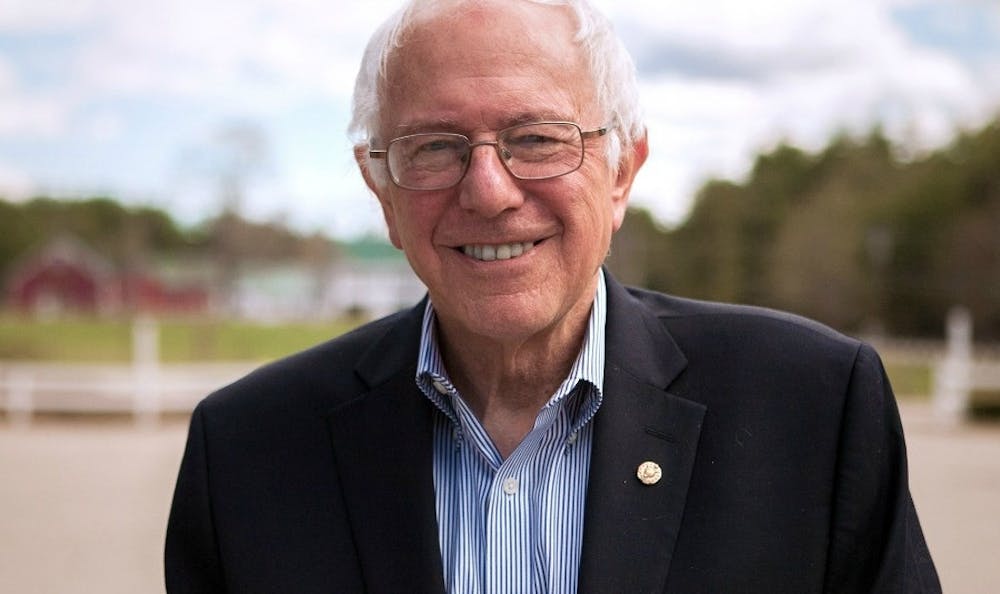By Greta Hallberg, For The Miami Student
On Tuesday, CNN hosted the first debate among the Democratic challengers for the White House.
Host Anderson Cooper asked each of the five candidates what they thought was the biggest threat to the national security of the United States. Viewers expected answers related to nuclear weapons, world leaders and corrupt regimes.
Ever the wild card, Vermont Sen. Bernie Sanders said climate change. Mic drop.
He’s right, by the way. While Russia, ISIS, China and North Korea undoubtedly do pose serious threats both globally and nationally, their damage to Americans on U.S. soil has been slim.
In 2011, the Department of State reported that 17 U.S. citizens were killed by acts of terrorism. In 2012, Hurricane Sandy killed 285, including 106 Americans. This “superstorm” was as strong and powerful as it was in part because of climate change.
The threat that climate change poses may not be immediate, but it is imminent. When sea levels rise the way they’re estimated to, and with increasingly violent natural disasters, coastal populations will be displaced.
The Environmental Justice Foundation estimates that by 2050, up to 150 million “climate refugees” will be forced to move inland. This is not something that can be stopped. This mass migration of people due to climate-related issues is inevitable. When the sea levels rise with the Earth’s temperature, the international community is going to face a serious crisis.
As a world power, the United States is going to have to respond. America will be looked to as a leader in relocating refugees and trying to minimize the effects.
But how can we be prepared to lead if the existence of climate change is still up for debate?
Some of the candidates on the Republican debate stage, like Ben Carson, Senator Ted Cruz and Donald Trump, do not admit that climate change is real. Others still, including Rand Paul and Marco Rubio, do not believe that it is a man-made problem.
There are candidates that have come out in support of action to combat the effects of climate change, too. Ohio’s governor John Kasich is among the GOP contenders that want the United States to make a policy change toward it. Unsurprisingly, New Jersey Gov. Chris Christie and former Florida Gov. Jeb Bush also want to see a course of action on climate change, as their costal states are at a higher risk to its damaging effects.
Christie got flak for hugging president Obama after Hurricane Sandy hit in 2012, but he’s a great example of a conservative executive who has had to deal with a natural disaster made worse by climate change. His policies toward the appropriate American response to the problem would be rooted in previous experience. But of course, Christie was not asked substantive policy questions about the displacement of people or how to radically change our infrastructure in favor of renewable energy.
These important questions, to some degree at the fault of the media and American voters, do not get asked at Republican debates. The stragglers to adopt climate change as scientific fact are a detriment to public discourse.
Instead of debating its existence we should be debating how to negate the effects of climate change. We should talk about how to allocate resources to develop 100 percent sustainable energy practices. We should argue over how to prepare for the next major natural disaster that hits our country. We should discuss how to plan for the displacement of tens of millions of global citizens.
We should be having substantive environmental policy discussions on both sides of the aisle.
http://miamistudent.net/?p=17013079

